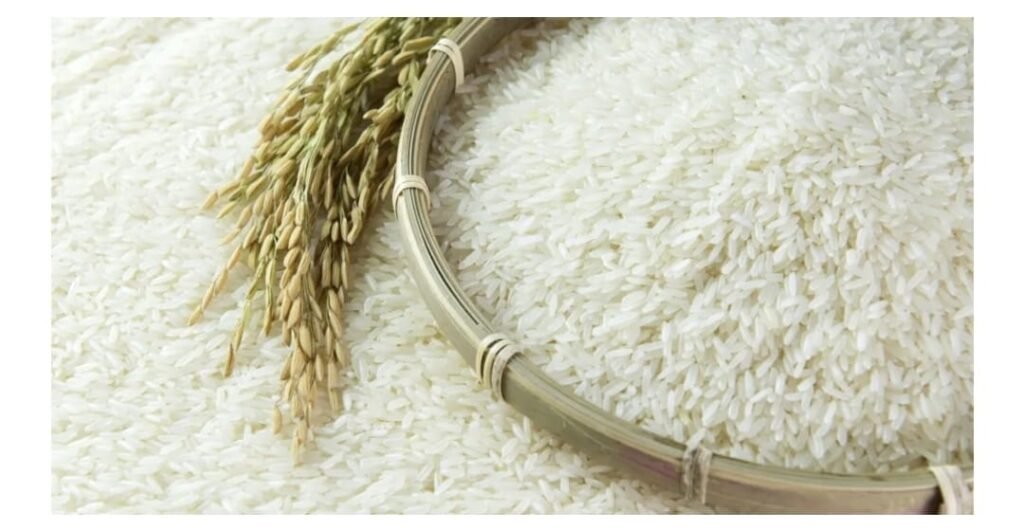Introduction:
In the picturesque state of Assam, nestled in the lush green landscapes of Northeast India, a particular rice variety has gained popularity for its unique aroma and taste. Joha rice, a traditional staple of the region, has recently garnered attention with claims of its potential to prevent diabetes. However, before embracing this notion, it is crucial to delve into scientific evidence and separate fact from fiction.
Understanding Diabetes:
Diabetes, a chronic metabolic disorder affecting millions worldwide, is primarily classified into two types: type 1 and type 2. While type 1 diabetes is largely attributed to genetic factors and immune system dysfunction, type 2 diabetes is strongly influenced by lifestyle choices, including diet and physical activity.
The Role of Diet in Diabetes Prevention:
Scientific studies have consistently shown that a balanced diet and a healthy lifestyle play pivotal roles in preventing type 2 diabetes. Key dietary recommendations include consuming whole grains, fruits, vegetables, lean proteins, and healthy fats while limiting the intake of refined carbohydrates, sugary foods, and excessive calories.
Joha Rice:
A Culinary Delight with Cultural Significance: Joha rice, a prized culinary gem of Assam, is cherished for its delicate fragrance, distinct flavor, and cultural significance. Rich in essential nutrients and fiber, it forms an integral part of traditional Assamese cuisine. However, it is important to clarify that no specific scientific evidence supports the claim that Joha rice alone possesses miraculous properties to prevent diabetes.
Promoting Overall Healthy Lifestyle:
Rather than relying on specific foods or ingredients, it is essential to focus on holistic lifestyle choices for diabetes prevention. Maintaining a healthy weight, engaging in regular physical activity, and consuming a balanced diet with a variety of nutrient-rich foods are recognized strategies to reduce the risk of developing type 2 diabetes.
Consultation with Healthcare Professionals:
If concerns about diabetes or other health conditions arise, consulting healthcare professionals remains the best course of action. They possess the expertise to provide personalized advice based on an individual’s unique circumstances, considering factors such as family history, current health status, and lifestyle choices.
Conclusion:
While Joha rice holds cultural significance and is appreciated for its aromatic qualities, the claim that it can prevent diabetes lacks scientific support. Diabetes prevention primarily revolves around adopting a healthy lifestyle, including regular exercise, maintaining a balanced diet, and controlling weight. Embracing Assamese cuisine and enjoying the flavors of Joha rice can be a delightful culinary experience, but it is important to approach claims of extraordinary health benefits with a critical mindset. As with any health-related concern, seeking guidance from healthcare professionals is always recommended for accurate and personalized advice.


